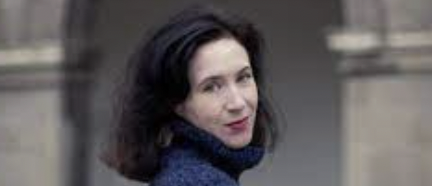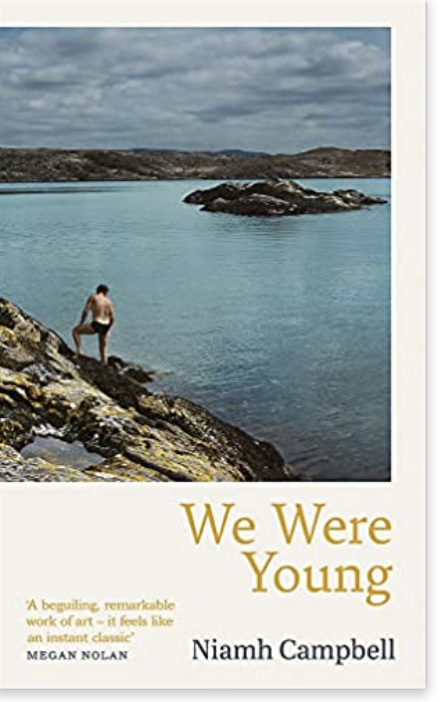
Looking for Love in Dublin


Cormac is a photographer forty and still single, he suddenly finds himself “the leftover man”. Through talent and charm, he has escaped small-town life and a haunted family. But now his peers are all getting divorced, dying, or buying trampolines in the suburbs. Cormac is dating former students, staying out all night, and receiving boilerplate rejection emails for his work, propped up by a constellation of the women and ex-lovers in his life.
In the last weeks of the year, Cormac meets Caroline, an ambitious young dancer, and embarks on a miniature odyssey of intimacy. Simultaneously, he must take responsibility for his married brother, whose mid-life crisis forces them both to reckon with a death in the family that hangs over those left behind.
Niamh Campbell, a Sunday Times Short Story Award-Winning author’s, We Were Young is set in Dublin, a city built on burial pits, is a thoroughly enjoyable novel, revealing a beguiling portrait of a lost man drifting through his prime years of life in Dublin that breeds and rejects social discontents, and intimate details of Cormac’s circle.
Cormac a photographer in his late thirties is struck behind the camera in life as Campbell is drawn to impossibility in love. Cormac’s friends Garrett and Alice announce their divorce at a party they have thrown at their home, to the disbelief of their guests.
Cormac flits from late-night bars to sex with a satellite cast of younger women, plus riffs into affairs with men, to the fallout of hangovers.
Homeless Cormac following an earlier experimental night with Garrett and Alice, a son Ambrose is born, but Alice decides that Garrett is the father, consigning Cormac to a role of inferior masculinity. Cormac’s brother Patrick, who is periodically homeless himself, exiled by an angry wife, camps out with his sibling in the city center flat that Cormac rents from a school friend while stumbling back from nights out.
Their father’s recent funeral, Cormac became aware of the end of something, or of something passing by definitely, not the life of his father but epiphenomenal privacy of his own, the privacy of love for his father, an intensity which would now be taken out and cooled and passed around with funeral food.
Cormac’s inability to seize good chances at a more settled life, prompts one friend to say “puer aeternus”.
We Were Young by Niamh Campbell, Weidenfeld & Nicolson £14.99, 280 pages.
